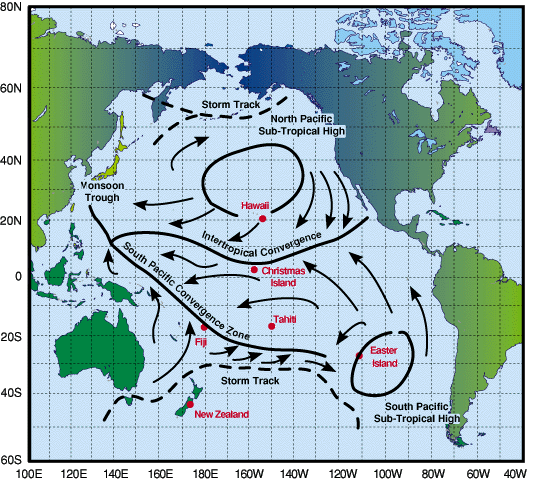 Fiji Water is a very successful business model with 40% sales increase over the last few years. The company leverages the benefits of the South Pacific Convergence Zone which dumps tons of water each year into a pristine aquifer providing silica to water consumed by millions of Americans who consider this the "Mercedes of bottled waters."
Fiji Water is a very successful business model with 40% sales increase over the last few years. The company leverages the benefits of the South Pacific Convergence Zone which dumps tons of water each year into a pristine aquifer providing silica to water consumed by millions of Americans who consider this the "Mercedes of bottled waters."And Fiji Water is also the latest company to be sued for Greenwashing. According to the class action suit, Fiji Water is deceptively marketing itself for being carbon-negative when in fact it is just
giving itself credit for carbon reductions that may take place until a few decades from now.
The overall goal is to reduce emissions from its own operations and offset additional emissions so that Fiji bottled water generates -20 percent emissions -- a carbon-negative product. The company will do this through a number of methods, including the installation of a windmill on its plant in Fiji, the use of more ships and fewer trucks to transport its products, reducing the amount of plastic and paper it uses in packaging, and increasing the amount of alternative fuels used in its trucks and at its plant.
In addition to these internal changes, the company will also purchase carbon offsets to reduce emissions and announced a partnership with Conservation International to permanently protect the 50,000-acre Sovi Basin, the largest lowland rainforest remaining in Fiji
 Fiji Water has stated in this press release that the offsets necessary to make it carbon negative will not be realized until 2037.
Fiji Water has stated in this press release that the offsets necessary to make it carbon negative will not be realized until 2037.The genius of Fiji is its packaging and marketing -- the seclusion and isolation of the islands with water enhanced by the unfounded benefits of silica is a huge selling point.
The irony of Fiji water is that the bottles are made in China and then the bottled water is transported over 6,000 miles to Los Angeles unnecessarily burning precious fossil fuels. So Fiji emits about 250 g of CO2 per bottle.

